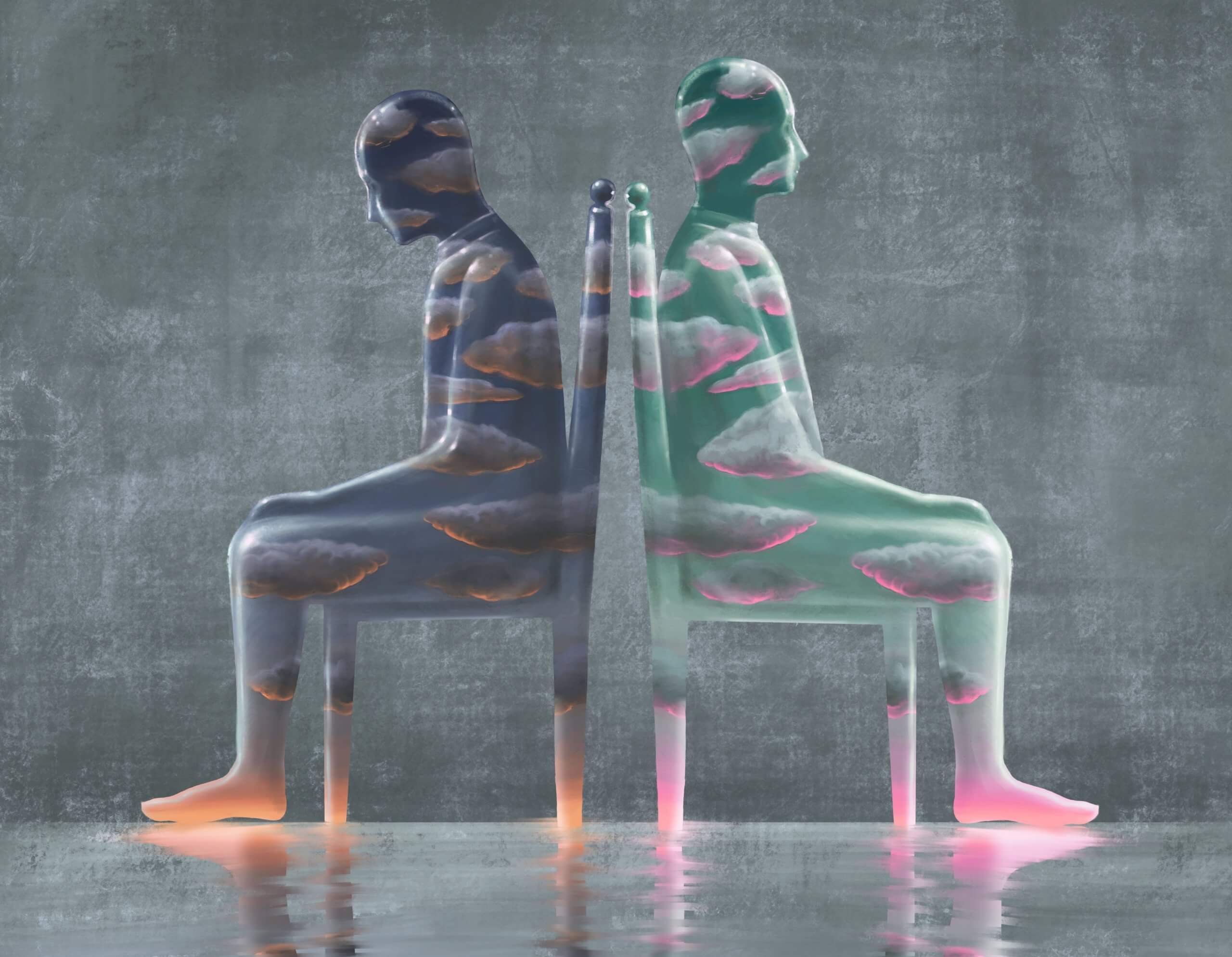Bipolar Disorder Help Guide
Bipolar disorder is a mood disorder that affects millions of people every day. Marked by periods of highs and lows, this mental health condition can take a serious toll on the lives of the people that struggle with its symptoms. If you have asked yourself “how do I know if I have bipolar?” you may wonder how to get help. Fortunately, there are a range of options that can help manage bipolar disorder systems and help you live a rich and rewarding life.
What is Bipolar Disorder?
Bipolar Disorder is a mood disorder that causes changes in mood, energy, and the ability to function. Most people might experience episodes of depression or elation, usually in response to certain life events. However, for someone with bipolar disorder, these periods of depression or mania are extreme and may not be in response to any particular trigger situation.
- 2.8 % of the US population has been diagnosed with bipolar disorder
- 83% of cases are classified as severe
- Both men and women are equally affected by bipolar disorder
Types of Bipolar Disorder
Bipolar disorder is generally broken down into four primary categories. These categories are differentiated from each other by the presence or absence of certain symptoms.
- Bipolar I Disorder – The individual has experienced one or more episodes of mania. Most will experience both mania and depression, but depression is not necessary for a diagnosis. This type of bipolar has manic episodes that last at least 7 days or be so severe hospitalization is required.
- Bipolar II Disorder – The individual experiences depressive episodes shifting back and forth with hypomanic episodes.
- Cyclothymic Disorder or Cyclothymia – a chronically unstable mood state in which an individual would experience hypomania and mild depression for at least two years. There may be brief periods where no symptoms are present, but these are generally short-lived.
- Bipolar Disorder, “other specified” and “specified” – when an individual does not meet the criteria for bipolar I disorder, bipolar II disorder or cyclothymia but still experiences periods of clinically abnormal mood elevation and depression.
How Do I Know if I have Bipolar?
Bipolar Disorder is a mental illness that causes dramatic shifts in a person’s mood, energy, and ability to think clearly. People with bipolar experience high and low moods, known as mania and depression, which differ from the typical difficulties that most people experience. This mental illness has an onset of the mid-twenties but can first occur in the teenage years. If left untreated bipolar disorder symptoms can take a heavy tolls on the individual’s life.
Bipolar disorder is often misdiagnosed or undiagnosed, because the full range of symptoms may not always be obvious. Bipolar disorder can make the people living with it feel like they are on an emotional roller coaster; however, symptoms may be more mild and not wholly obvious to the person living with the disorder.
Signs and Symptoms of Bipolar Disorder Mania or Hypomania
- Extremely energetic, cheerful, or wired
- Intense sense of confidence and well being
- Feelings of euphoria
- Lack of need for sleep
It can also include:
- Highly distracted
- Indecisiveness
- Poor judgement
- Risk-taking
- Racing mind
- Excessive talkativeness
Mania is more severe and can cause someone to have a break from reality. When this psychosis occurs, the person may be hospitalized or need inpatient care.
Signs and Symptoms of Major Depressive Episodes
Depressive episodes may last for several days or weeks, or longer. Often it may not be obvious that depression episodes are related to bipolar disorder and you may wonder, “How do I know if I have bipolar depression?” Bipolar depression often effects an individual’s ability to engage in their day-to-day life. Symptoms include:
- Excessive sadness, loneliness, or emptiness
- Fatigue
- Feeling excessively worthless or guilty
- Feeling of hopelessness
- Difficulty with memory, concentration and decision making
- Preoccupation with death or suicidal thoughts
- Severe sense of fatigue
- Significant changes in appetite
The Bipolar Disorder Stigma
The complexity of symptoms makes bipolar disorder difficult for many people to understand. Family, friends, coworkers, and teachers may not realize that someone is struggling with BPD and attribute symptoms to poor decision-making or a lack of self-control. which causes an elevated fear of judgment and stigma for those who experience it. Often, this stigma prevents people from seeking the help that they need.
Bipolar Disorder Treatment in Los Angeles, CA
Living with bipolar disorder can take a heavy toll on your life. Our compassionate and patient mental health professionals, doctors, and therapist design individual treatment plans that for the foundation of a new tomorrow for those with bipolar disorder. We combine evidence-based treatment options, holistic therapies to personalize your treatment experience. For more information about bipolar disorder treatment, contact us today.






